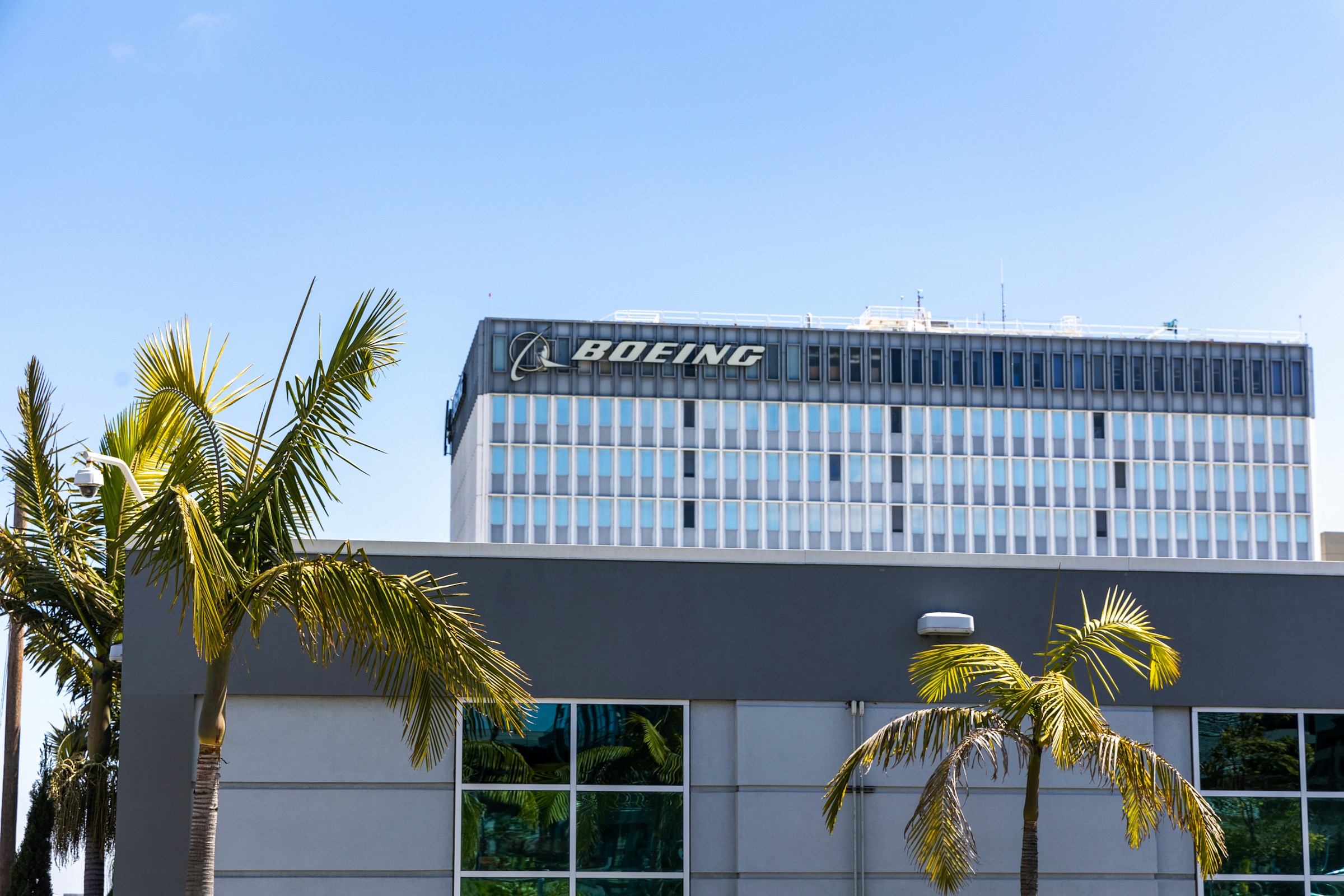In a significant setback for Boeing, the highly anticipated launch of its first astronaut mission was abruptly called off Monday night due to a technical glitch. The problem arose just hours before the scheduled liftoff, with the two NASA test pilots, Butch Wilmore and Suni Williams, already strapped into the Starliner capsule.
The countdown was stopped, putting the mission on hold due to an issue with an oxygen relief valve on the upper stage of the United Launch Alliance's Atlas rocket.
Ongoing Delays and Technical Troubles
Yahoo noted that the delay marks the latest in a series of postponements for Boeing's inaugural crew flight, which has been years in the making. Technical challenges have plagued the Starliner capsule, leading to repeated missions and reviews.
The first uncrewed test flight in 2019 failed to dock with the International Space Station (ISS) due to orbit trajectory errors. Subsequent inspections revealed additional concerns, including parachute malfunctions and the discovery of flammable tape, necessitating further delays and modifications.
Safety First Approach
Addressing the valve issue, United Launch Alliance engineer Dillon Rice emphasized the team's commitment to safety, stating that any unfamiliar data signatures would prompt a cautious response.
"In a situation like this, if we see any data signature is not something that we have seen before, then we are just simply not willing to take any chances with what is our most precious payload," Rice explained. This meticulous attention to safety underscores the challenges of space travel and the paramount importance of protecting crew members' lives.
Next Steps and Future Missions
According to Reuters, the aerospace community remains optimistic while the Starliner crew returned to the launch pad without advancing to space. No specific timeline for the next launch attempt was provided, leaving the industry awaiting updates. NASA and Boeing have invested heavily in this partnership, aiming to restore American capabilities for sending astronauts to and from the space station.
Since the end of the shuttle program, NASA has relied on private companies like Boeing and SpaceX to fill the void. The latter has already conducted successful orbital taxi missions since 2020.
The resolution of the valve issue and the successful completion of Boeing's crewed mission will be critical milestones in continuing the legacy of human space exploration and operationalizing the next generation of space travel.
Photo: Sven Piper/Unsplash



 Trump Backs Nexstar–Tegna Merger Amid Shifting U.S. Media Landscape
Trump Backs Nexstar–Tegna Merger Amid Shifting U.S. Media Landscape  Alphabet’s Massive AI Spending Surge Signals Confidence in Google’s Growth Engine
Alphabet’s Massive AI Spending Surge Signals Confidence in Google’s Growth Engine  American Airlines CEO to Meet Pilots Union Amid Storm Response and Financial Concerns
American Airlines CEO to Meet Pilots Union Amid Storm Response and Financial Concerns  SpaceX Prioritizes Moon Mission Before Mars as Starship Development Accelerates
SpaceX Prioritizes Moon Mission Before Mars as Starship Development Accelerates  TSMC Eyes 3nm Chip Production in Japan with $17 Billion Kumamoto Investment
TSMC Eyes 3nm Chip Production in Japan with $17 Billion Kumamoto Investment  Tencent Shares Slide After WeChat Restricts YuanBao AI Promotional Links
Tencent Shares Slide After WeChat Restricts YuanBao AI Promotional Links  Global PC Makers Eye Chinese Memory Chip Suppliers Amid Ongoing Supply Crunch
Global PC Makers Eye Chinese Memory Chip Suppliers Amid Ongoing Supply Crunch  Washington Post Publisher Will Lewis Steps Down After Layoffs
Washington Post Publisher Will Lewis Steps Down After Layoffs  TrumpRx Website Launches to Offer Discounted Prescription Drugs for Cash-Paying Americans
TrumpRx Website Launches to Offer Discounted Prescription Drugs for Cash-Paying Americans  Nvidia CEO Jensen Huang Says AI Investment Boom Is Just Beginning as NVDA Shares Surge
Nvidia CEO Jensen Huang Says AI Investment Boom Is Just Beginning as NVDA Shares Surge  Instagram Outage Disrupts Thousands of U.S. Users
Instagram Outage Disrupts Thousands of U.S. Users  CK Hutchison Launches Arbitration After Panama Court Revokes Canal Port Licences
CK Hutchison Launches Arbitration After Panama Court Revokes Canal Port Licences  Once Upon a Farm Raises Nearly $198 Million in IPO, Valued at Over $724 Million
Once Upon a Farm Raises Nearly $198 Million in IPO, Valued at Over $724 Million  Hims & Hers Halts Compounded Semaglutide Pill After FDA Warning
Hims & Hers Halts Compounded Semaglutide Pill After FDA Warning  Missouri Judge Dismisses Lawsuit Challenging Starbucks’ Diversity and Inclusion Policies
Missouri Judge Dismisses Lawsuit Challenging Starbucks’ Diversity and Inclusion Policies  Baidu Approves $5 Billion Share Buyback and Plans First-Ever Dividend in 2026
Baidu Approves $5 Billion Share Buyback and Plans First-Ever Dividend in 2026  Nasdaq Proposes Fast-Track Rule to Accelerate Index Inclusion for Major New Listings
Nasdaq Proposes Fast-Track Rule to Accelerate Index Inclusion for Major New Listings 































